Demand for professional accounting services is outpacing many Kentucky firms’ ability to hire enough CPAs. Meanwhile, university programs are looking at ways to recruit more students, such as letting those as young as middle school know accounting pays well and is more techy and interesting than they might think.
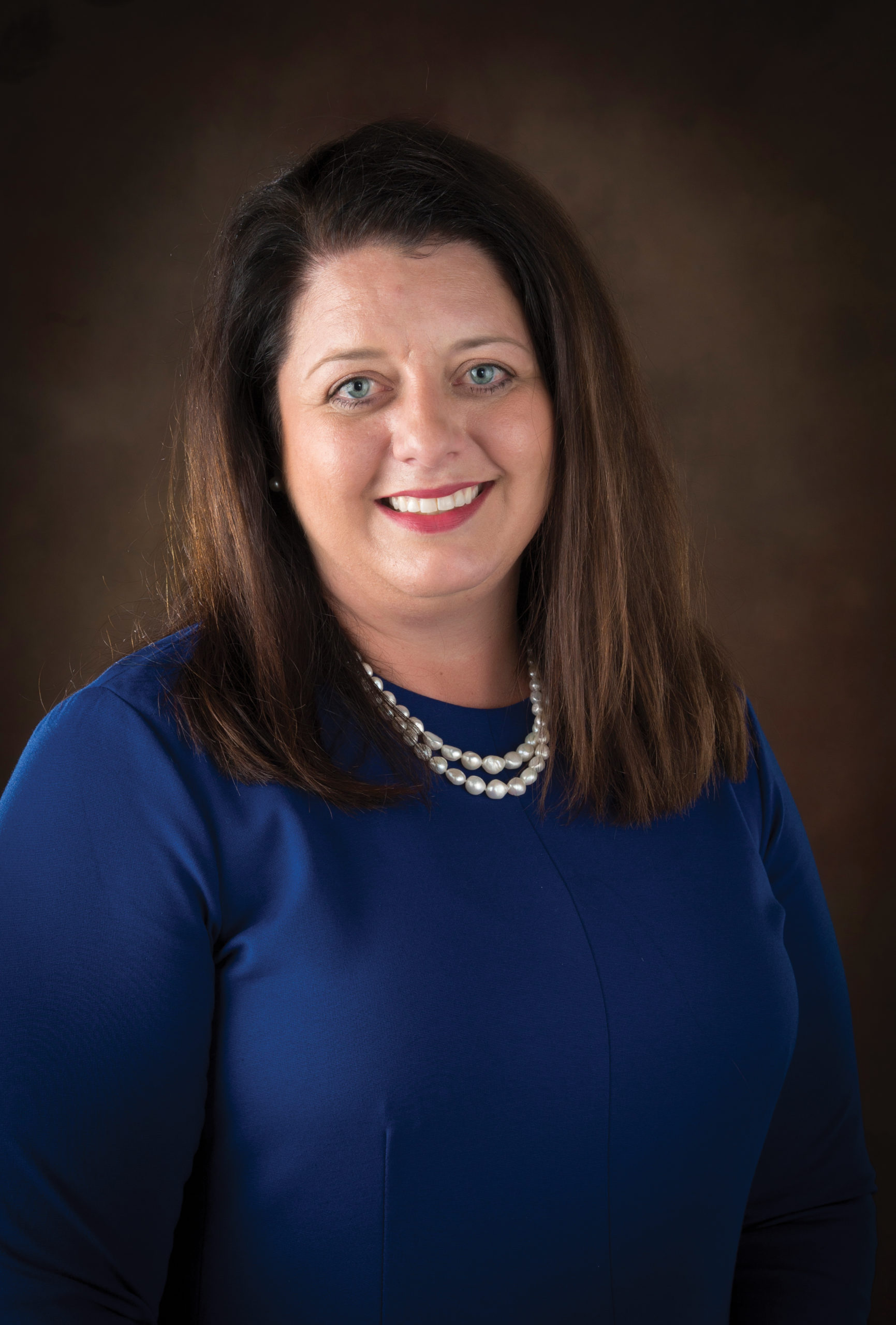
The need for more accountants is found at the national level as well. There are reports of firms in New York, California and elsewhere hiring Kentucky accountants to work from home, sometimes at salaries that may be below average for the expensive West Coast or East Coast yet higher than commonwealth firms can match.
In fact, U.S. work is occasionally performed through foreign service providers.
“The talent war—that’s what we refer to it as—is our No. 1 problem, without question,” said Lisa Foley, managing member of Baldwin CPAs, a Richmond-based firm that has 40 accountants and 80 employees at five locations.
Dean Dorton, one of the state’s largest firms, has grown from 200 employees to 350 in the past five years, but it is literally studying its client list and trimming some of them, according to President/CEO David Bundy.
“Staffing competition is something we’ve noticed for a couple of years,” Bundy said. He attributes this in part to fewer students entering accounting, a trend Dean Dorton spotted several years ago and began planning and preparing for.

“We’ve changed our recruiting time line,” he said, shifting early contact from high school seniors to juniors.
David Tate is managing partner in Louisville and Evansville for FORVIS, a top 10 accounting firm created last year when BKD of Springfield, Missouri, and Dixon Hughes Goodman of Charlotte, N.C., merged into an operation with 5,700 employees in 28 states.
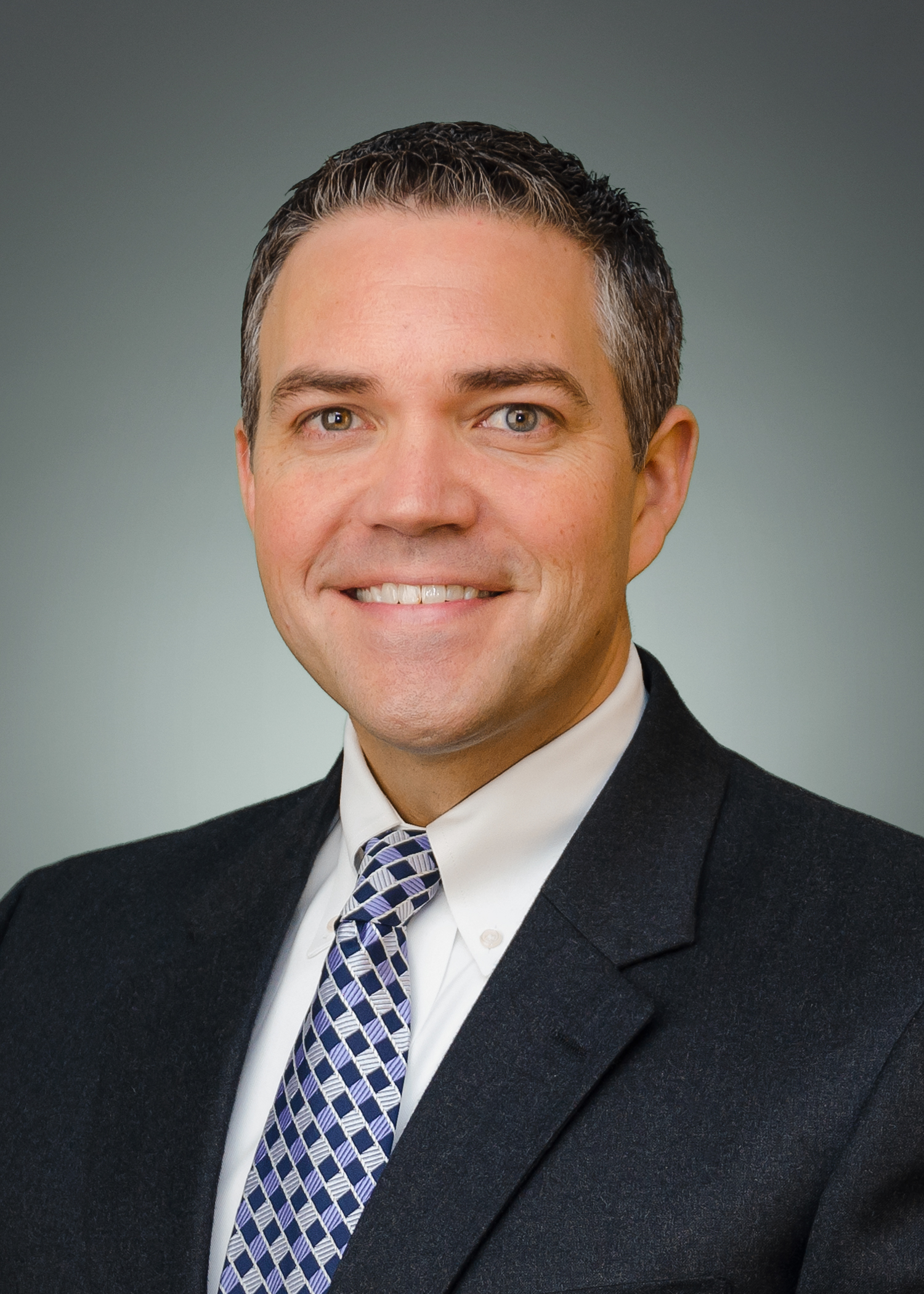
Tate says that while it may not quite be a talent war, it’s fair to call staffing the No. 1 issue for FORVIS managers. While the firm has filled its needs so far, he said, he sees fewer students in accounting now, especially in the classes expected to graduate the next few years.
Growing demand for services
The positive aspect of the staffing “issue” is that the problem arises in part from increasing demand for services.
Beyond the basics in audit, tax and advisor work, Tate said, there is specific demand across many categories: commercial products, commercial real estate, private equity, nonprofits, financial institutions and more.
“We’re seeing growth in every single industry that we service right now,” he said.
The merger with DHG added expertise in working with vehicle and manufacturing equipment dealerships that need help with supply chain matters such as inventory management and pricing, he said.
Tate has seen only one FORVIS staffer depart for a position to work at home for a coastal firm. However, he said, “The move to the virtual workplace has been impactful. People can work from anywhere.”
FORVIS responded by reassessing its benefits packages and making sure they align with what firms on the coast offer.
“It was about benefit packages,” Tate said.
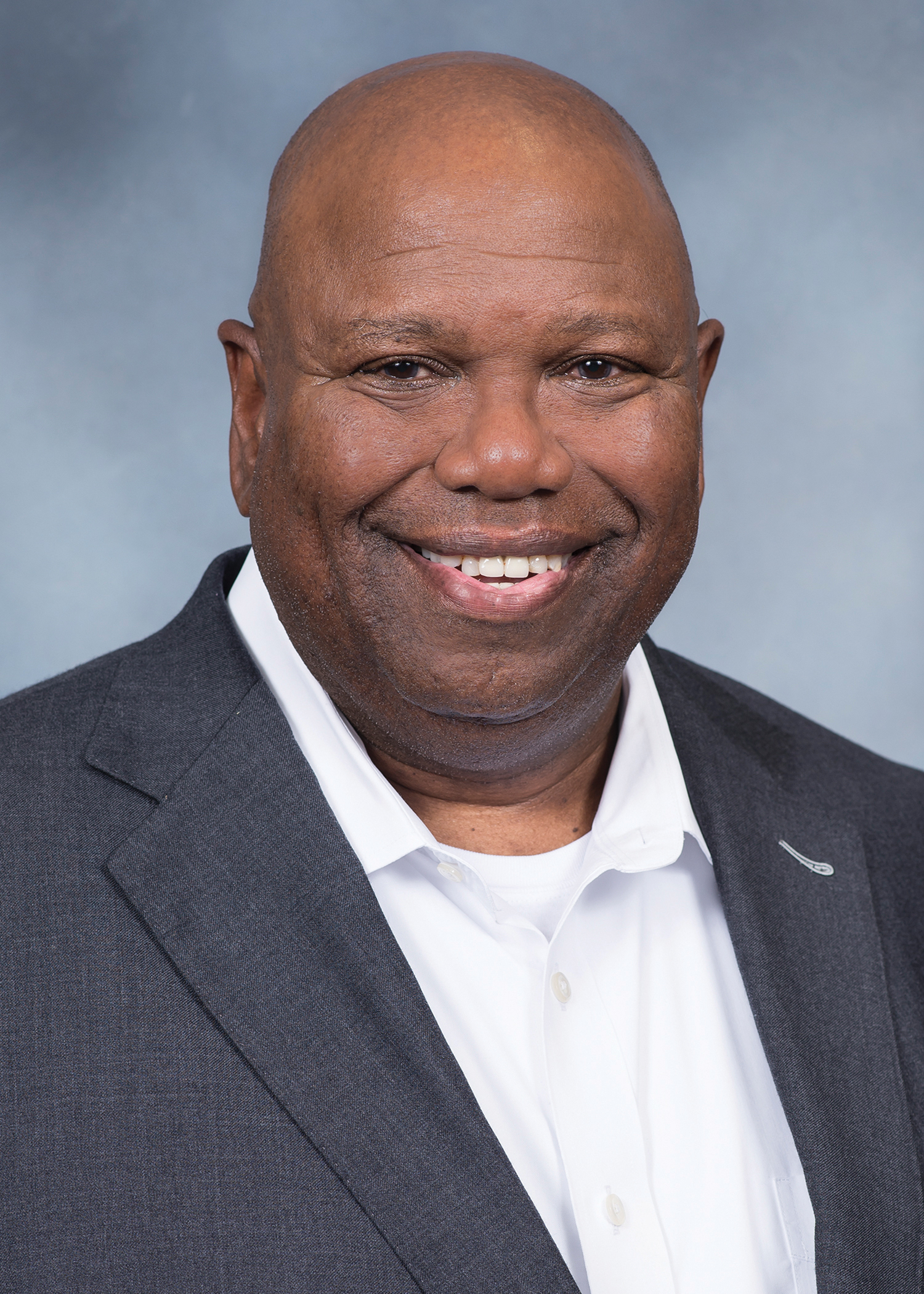
Follow the NBA’s development model
At the University of Louisville’s School of Accountancy in the College of Business, Director Michael Wade said one of his top goals for 2023 is to enlist firms and other schools to collaborate on expanding the pipeline of people entering the field, which is evolving rapidly.
“I’m interested in the profession… not just my school,” Wade said. “When we grow the profession, we’re growing it for everybody.”
Beyond growing enrollment at the UofL School of Accountancy, he wants firms and schools to consider—and come together to develop—a pipeline of future accountants. And Wade sees a model by which to grow.
He likes the feeder model the NBA uses to produce a plethora of good professionals. The NBA scouts junior highs to identify players who are candidates to go pro, steering them to AAU teams, prep academies, getting “extra assignments” in the form of event games—all before the prospect attends college.
An accounting version of a feeder system does not currently exist. There are, Wade suggests, some elements with which to work, such as the dual-credit college classes available at high schools in Louisville and elsewhere in the state.
The technology that is creating change in business interactions, relationships and accounting—in the field and the classroom—both helps and hinders efforts to bring more individuals into the
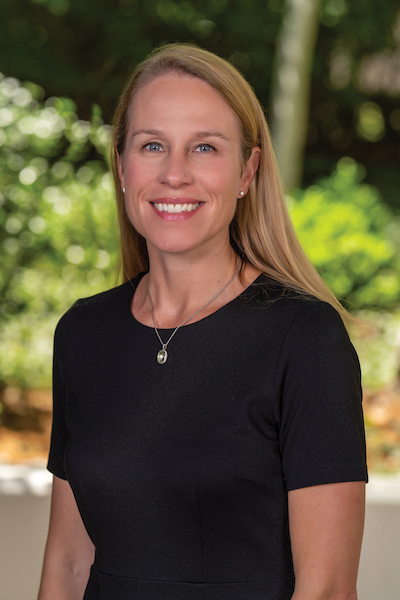
profession. Technological change is making accounting more interesting and attractive to the next generation, but it is making other fields more interesting and attractive also.
“People want to do cool things,” said Jennifer Miloszewski, director in charge of Blue & Co.’s Lexington office. “We haven’t done a good job of selling what’s great about our job.”
The fact that there “is ongoing change” in the Blue & Co. operation, Miloszewski said, is a selling point in recruiting.
Blue & Co. office leaders are “hyper-focused on our culture,” said Chad Pfeifer, chief people officer for Blue & Co. “If a company is not focused on a great culture, you cannot recruit fast enough.”
Keeping up with changing tech
Pfeifer said Blue & Co., which has more than 450 people in 10 offices across Indiana, Ohio and Kentucky, maintains close two-way relationships with schools like the University of Kentucky Gatton College of Business and Economics, UofL, Western Kentucky University and Bellarmine University.
Accounting programs are adding various data analytics classes and programs. Those presented within accounting programs or in association with them are a plus in attracting new talent to the profession, Pfeifer said, but when data analytics is a free-standing major, it becomes competition.
Wade prefers the perspective that accounting functions present the best skills foundation from which to branch into specific businesses or industries, be it entrepreneurial or a specialized niche.
Tate at FORVIS calls accounting “one of the most continuous learning environments there is.”
The principles of accounting and general ledger fundamentals integrate into everything, and Wade said educators now are integrating data analytics technology into accounting.
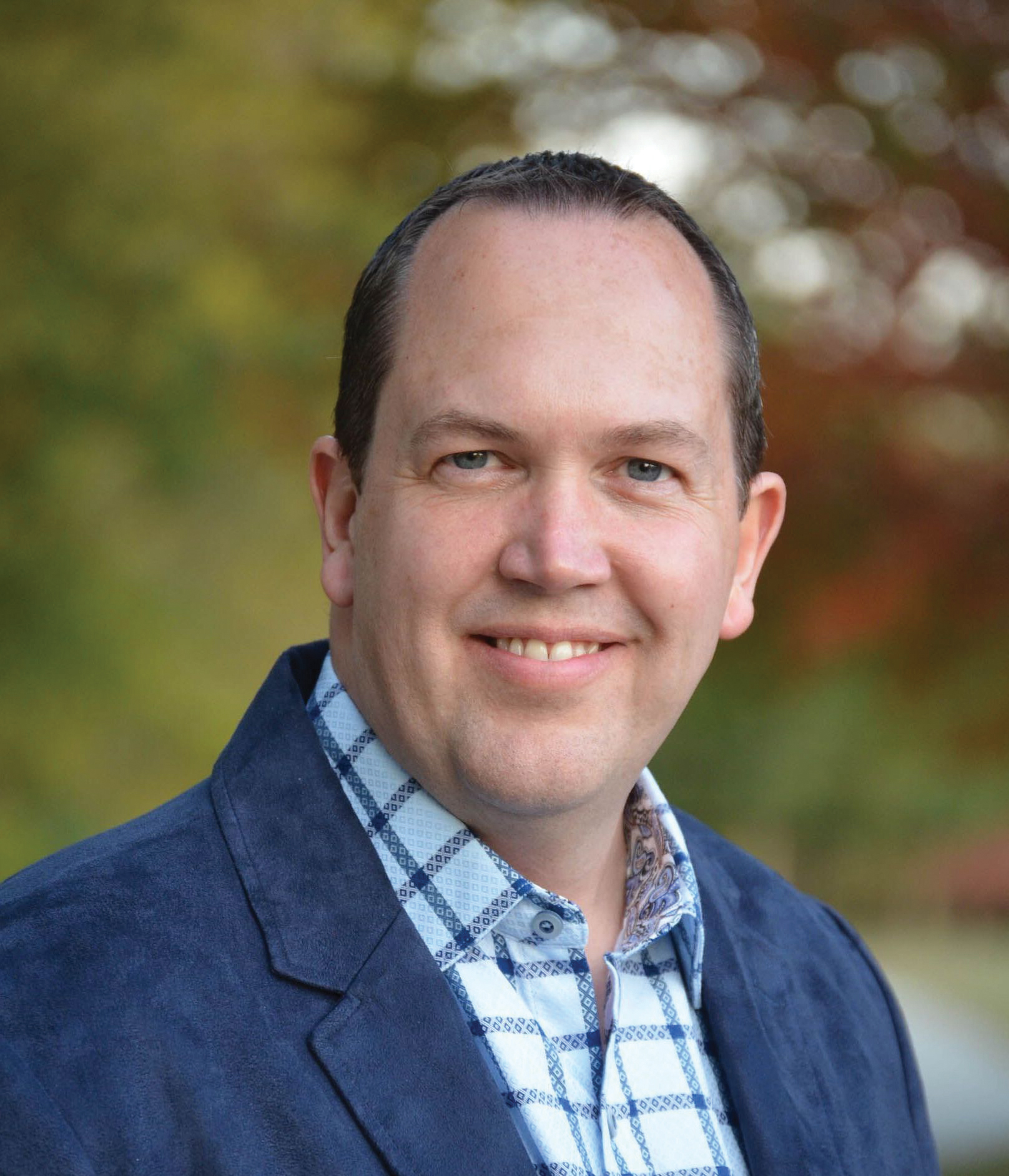
“Everything is faculty driven,” Wade said. But their skills and curriculum aim to incorporate input from advisory board members on what characteristics a student needs to be successful at a firm or on their own. Today, that does include “top technical aptitude and a technical curiosity.”
Numbers and math are a challenge to some individuals, but Wade, a retired U.S. Army lieutenant colonel, thinks that is not a legitimate reason to avoid the profession.
“Accounting is tough, but it’s not rocket science. They can do it. They can do it if they try,” he chuckled.
In fact, plenty of high school students do it in dual-credit classes such as those in the Cardinal Bridge Academy program between Jefferson County Public Schools and UofL. Academy dual-credit classes offer students a realistic view of what college will be like—and it gives UofL insight into what students know.
“They are actual college courses,” Wade said. “It’s as if you were enrolled at the UofL business college: the same exams, homework, everything.”
Re-examining the CPA requirement?
Because of the drop in people entering accounting at the ground floor, there has been discussion of reversing a move the American Institute of Certified Public Accountants made about 15 years ago that increased the minimum requirement for eligibility to become a CPA from 120 hours to 150 college hours.
CPAs have traditionally made more money than other accountants, but corporate accounting and other nearby fields have increased compensation.
The Gordon Ford College of Business at Western Kentucky University revised the core requirement for its degrees beginning with the fall 2022 cohort, said Mark Ross, chair of the accounting department.
Ross, in his 29th year at WKU, said the number of accounting majors this year is 274, a drop of more than 10% since 2017.
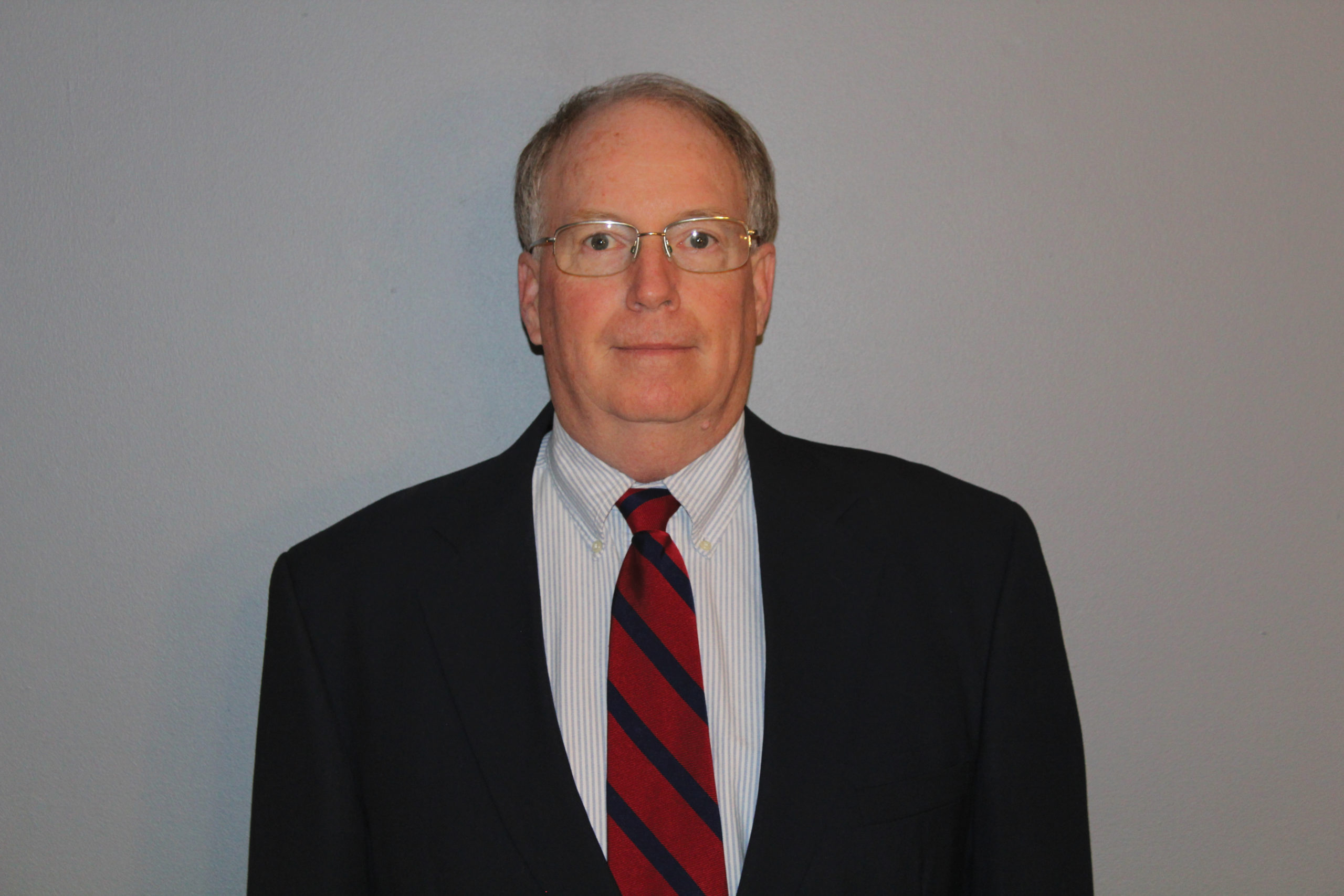
Ford has a 10-year-old master’s program in accounting and data analysis that typically has an enrollment of 10 to 20 students. Ross noted the pay for internships has increased and is now nearly $30 an hour.
“That’s a pretty good job for a student,” he said. “It also gives them a chance to see if they like public accounting.”



















